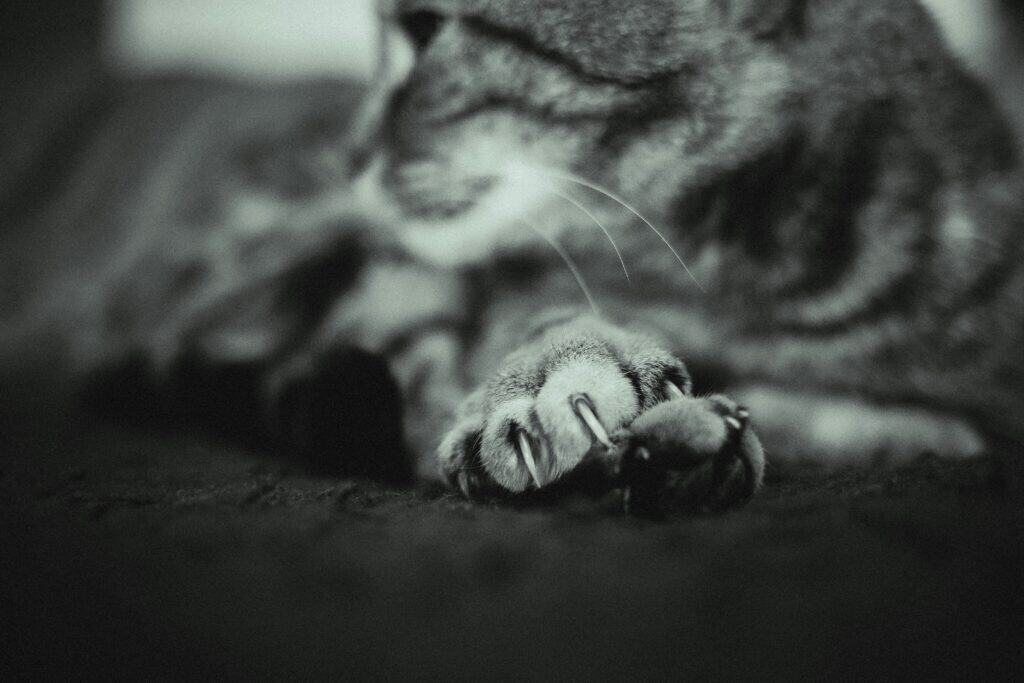Check how old is your pet in human years using our Pet Age Calculator.
Losing a pet can feel like losing a family member. The bond we share with our furry friends runs deep, and when that connection is severed, the grief can be overwhelming.
I’ve seen friends struggle with the right words to comfort someone in this painful moment, and it’s a challenge many of us face.
Knowing what to say can make a world of difference. It’s not just about offering condolences; it’s about acknowledging their loss and providing genuine support.
In this article, I’ll share some thoughtful phrases and insights on how to be there for a friend during this heartbreaking time. Let’s explore ways to show compassion and understanding as they navigate their grief.
Table Of Contents
What to Say to a Friend Who Lost a Pet: Understanding Pet Loss
Understanding pet loss involves recognizing the deep emotional connection between pets and their owners. Pets often become integral family members, providing unconditional love and companionship. The grief experienced when losing a pet reflects these strong bonds.
Grieving pet owners face various emotions, including sadness, anger, and guilt. It’s essential to acknowledge that these feelings are valid. As friends, supporting them requires sensitivity to their unique experiences and emotions.
Encouraging open conversations about their feelings can provide relief. Let them express their grief without judgment, validating their pain.
Sharing memories of their pet can also help them cope, reinforcing the shared joy that the pet brought into their lives.
Moreover, it’s important to avoid minimizing their loss. Phrases like “It was just a pet” can come across as dismissive, causing further pain.
Instead, express understanding that each relationship with a pet is profound and unique, deserving respect and empathy during times of loss.
Empathetic Communication
Empathetic communication plays a vital role in supporting a friend grieving the loss of a pet. Words can offer comfort and validate their feelings, making a significant difference during this difficult time.
Acknowledging Their Loss
I acknowledge the profound sadness that follows the loss of a pet. It’s essential to express understanding of their grief and confirm that it’s a significant loss.
Phrases like “I’m so sorry for your loss” or “I can’t imagine how hard this is for you” validate their emotions. Offering to listen can also help; saying “I’m here if you want to talk” encourages them to share their feelings openly.
It’s important to avoid minimizing their grief with phrases like “It’s just a pet” or “You can always get another one.” Respecting their pain fosters trust and connection.
Sharing Memories
I find sharing memories of their beloved pet can provide comfort. Reminiscing about happy moments or funny stories can lighten their mood and show that their pet’s life had a meaningful impact.
Simple statements like “I’ll never forget how Max would light up whenever you walked into the room.” can evoke cherished memories.
Encouraging my friend to talk about their favorite anecdotes helps them celebrate their pet’s life rather than focus solely on the loss. Engaging in memory-sharing creates a supportive space for grief and reflection.
Supportive Phrases to Use
Finding the right words to comfort a friend after losing a pet can be challenging. Here are some supportive phrases to help express empathy and understanding.
Comforting Words
- “I’m so sorry for your loss.”
- “Your pet was truly special.”
- “I can’t imagine how hard this is for you.”
- “It’s okay to feel sad; it’s a huge loss.”
- “Take all the time you need to grieve.”
- “I remember how much joy your pet brought you.”
- “It’s perfectly normal to miss them every day.”
- “Keep sharing stories about your beloved pet.”
Offering Help
- “I’m here if you want to talk or share memories.”
- “Can I help with anything around the house?”
- “Let’s go for a walk or grab a coffee together.”
- “If you’d like, I can help you with arrangements.”
- “I’m ready to listen whenever you need.”
- “How about we create a photo album of your pet?”
- “Would you like to share some of your favorite moments?”
- “I can accompany you to the vet if needed.”
Things to Avoid Saying
Avoiding certain phrases can prevent adding to a grieving friend’s pain. Some comments, though often well-intentioned, may inadvertently diminish their loss.
Common Missteps
- “It was just a pet.” Saying this trivializes the relationship and can make your friend feel that their grief is unwarranted.
- “You can always get another one.” This implies that replacing the pet is an easy solution and overlooks the unique bond they shared.
- “Time heals all wounds.” While time can help, this phrase may dismiss their current pain and suggest they should move on quickly.
- “At least it lived a good life.” This comment can be perceived as minimizing their feelings and can sound dismissive of their sorrow.
Well-Intentioned but Hurtful Remarks
- “I know how you feel.” Everyone’s grief is unique. Assumptions about their feelings can come across as insensitive.
- “It’s part of life.” While death is indeed a natural part of life, this remark can feel cold and unsympathetic to someone in deep pain.
- “You’ll get over it.” This statement can suggest a timeline for grief, which is often unpredictable and personal.
- “I’m sure you’ll be fine soon.” Assuming someone will quickly recover can invalidate their current emotional struggle and feel patronizing.
Key Takeaways
- Understanding the profound emotional bond between pets and their owners is crucial when supporting a grieving friend.
- Acknowledge their loss with empathetic phrases to validate their feelings and foster open communication.
- Encourage sharing memories of their pet, which can help them cope and celebrate the life of their beloved companion.
- Avoid minimizing their grief with dismissive comments, as this can intensify their pain and hinder support.
- Offer genuine support by being present, listening, and helping with practical needs during their grieving process.
Conclusion
Supporting a friend through the loss of a pet is about being present and compassionate. It’s essential to let them express their feelings while validating their grief. The bond they shared with their pet is profound and deserves recognition.
I’ve found that sharing memories can be a beautiful way to honor the pet’s life and bring a moment of comfort.
Offering practical help can also ease their burden during this tough time. Remember that your empathy can make a significant difference in their healing process.
Being a good friend means listening without judgment and showing that you care deeply. In moments like these, your support can be a light in their darkness.
Frequently Asked Questions
How does losing a pet compare to losing a family member?
Losing a pet can feel just as painful as losing a family member. Pets often become integral parts of our lives, providing unconditional love and companionship. The emotional bond formed makes the grief experienced by pet owners deeply profound and meaningful.
What should I say to someone who is grieving the loss of a pet?
It’s best to express empathy and understanding. Phrases like “I’m so sorry for your loss” or “Your pet was truly special” can validate their feelings. Offer to listen and share memories, helping them to remember the joy their pet brought into their life.
What should I avoid saying to someone mourning a pet?
Avoid dismissive phrases like “It was just a pet” or “You’ll get over it.” Such comments can trivialize their grief and make them feel unsupported. Instead, focus on validating their feelings and providing a compassionate presence.
How can I support a friend grieving the loss of a pet?
Encourage open conversations about their feelings and allow them to express their grief without judgment. Offer practical help, like running errands or creating a pet photo album. Your support and willingness to listen can be invaluable during this tough time.
Why is it important to acknowledge pet loss?
Acknowledging pet loss respects the deep emotional connection between pets and their owners. It validates the grieving person’s feelings and allows for genuine support, fostering an environment where they can express their sadness and find comfort.





